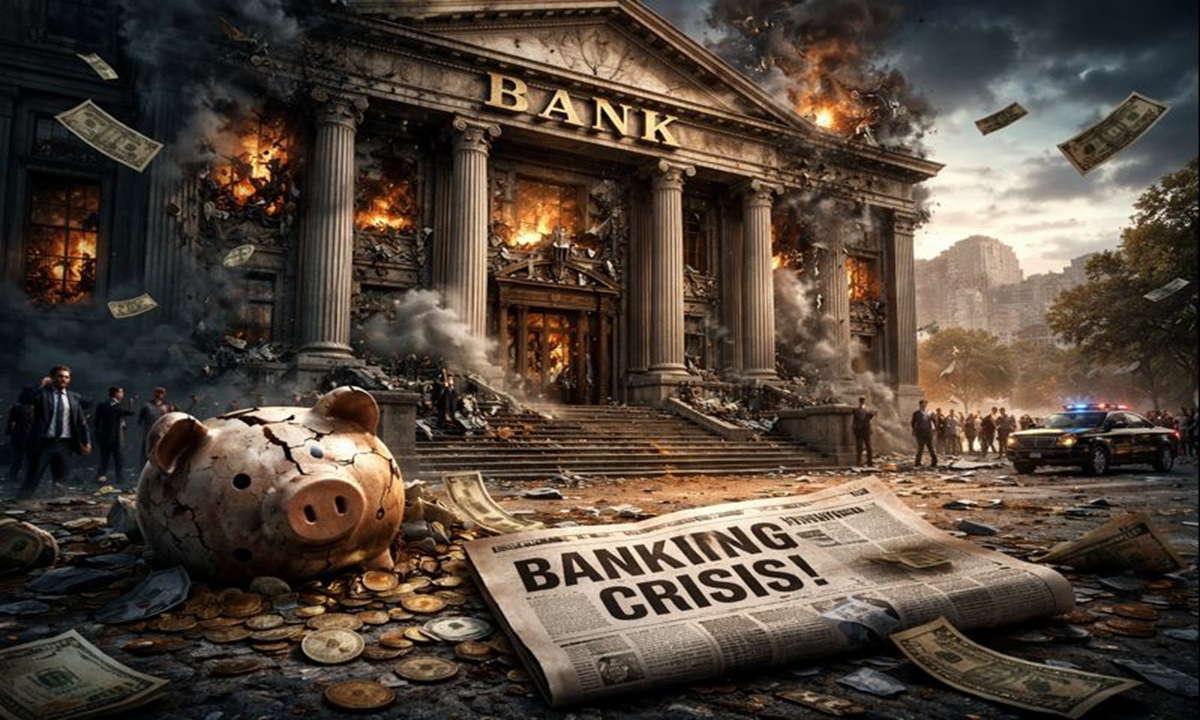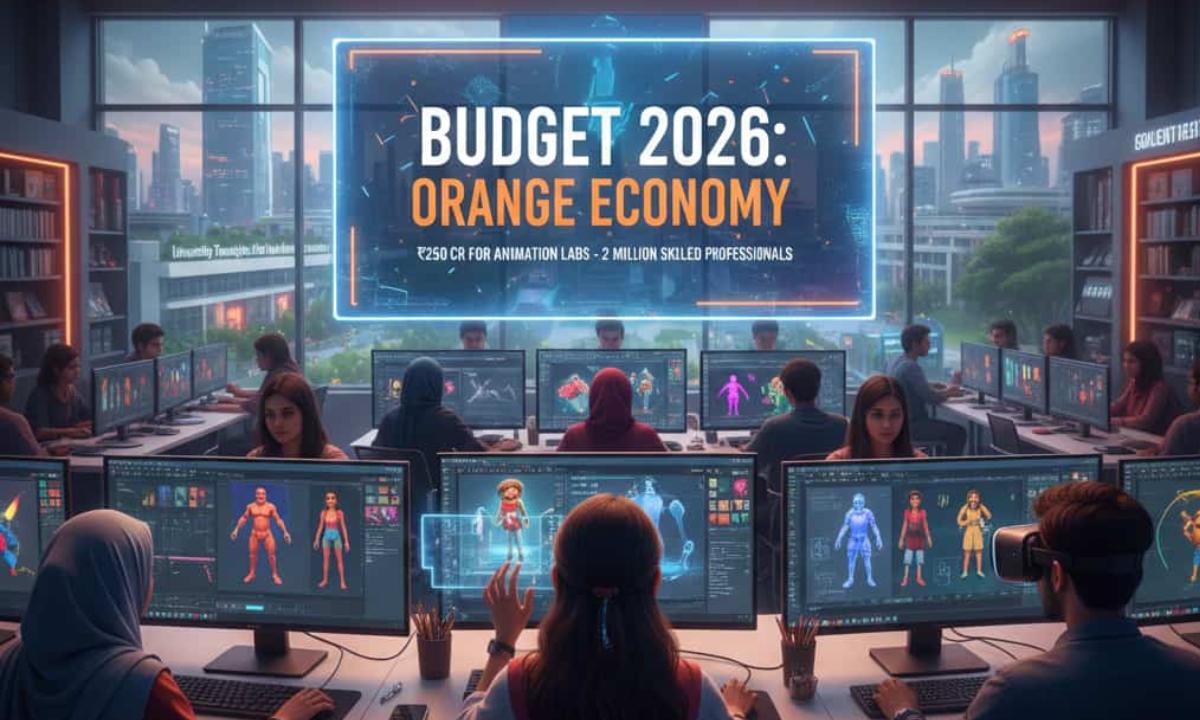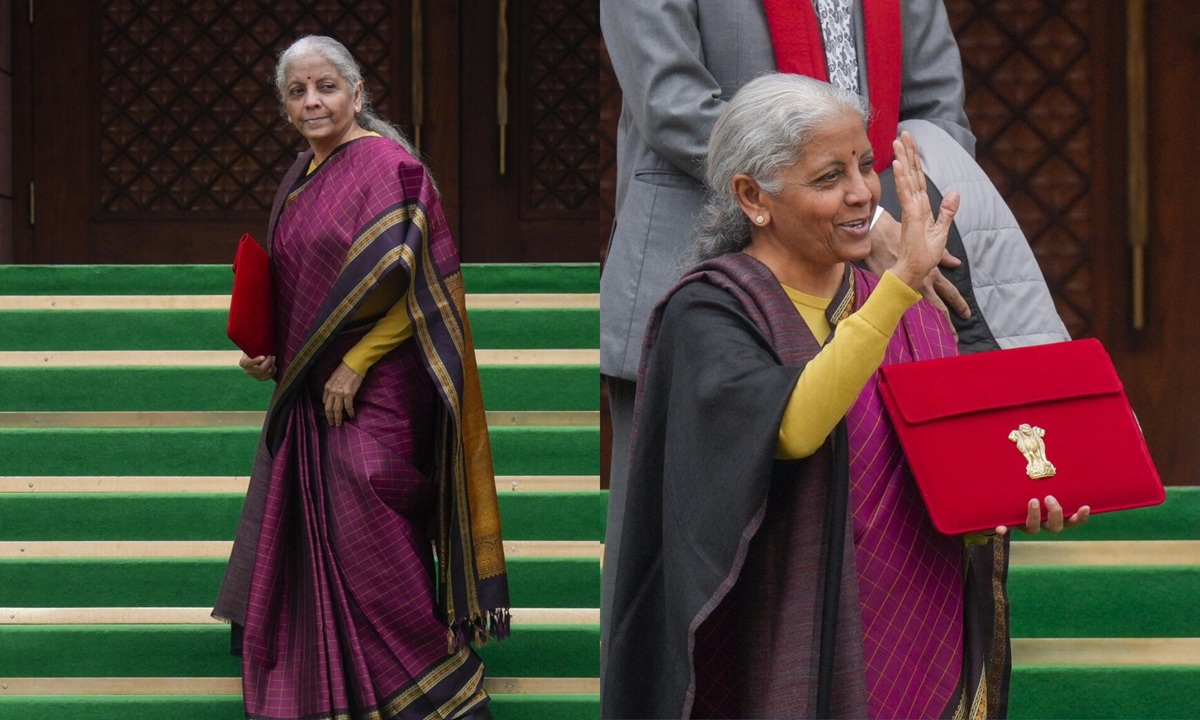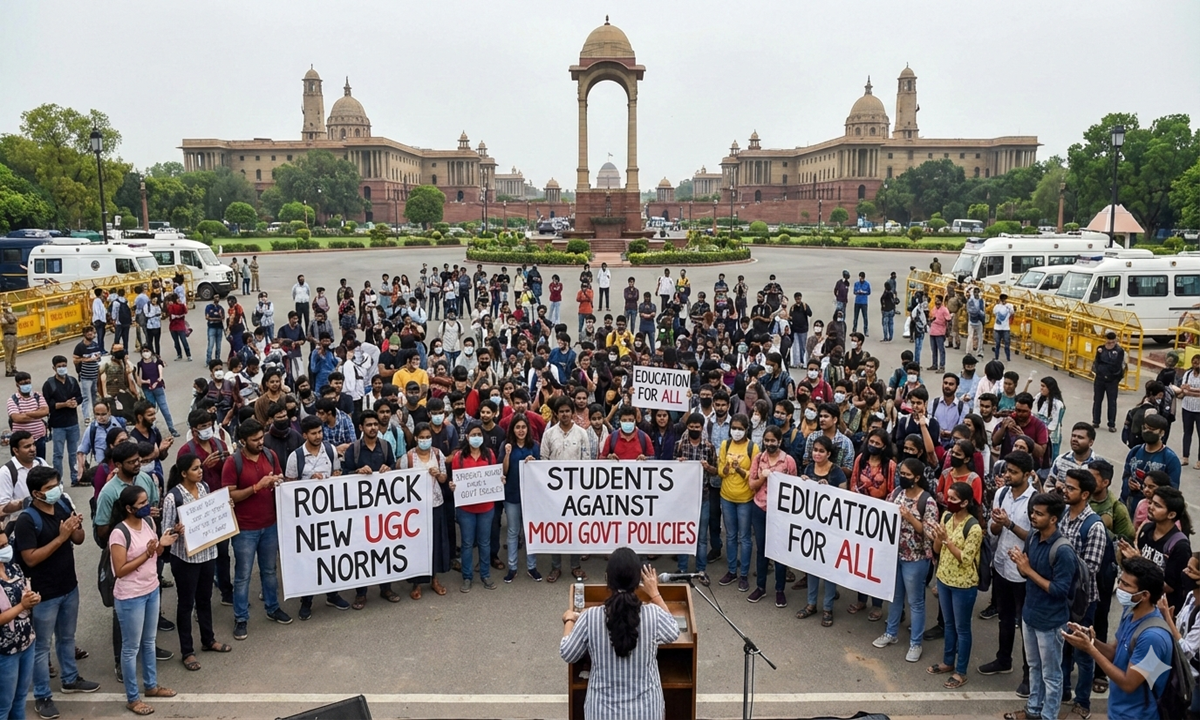
The Psychology of Fandom: Why We Fall in Love with Celebrities and Fictional Worlds
From the hysteria of Rajesh Khanna’s superstardom in the 1970s, Amitabh Bachchan’s era in the late 70s and 80s and now Shah Rukh Khan's stardom to the international frenzy over K-pop and Marvel films, fandom has been a hallmark of pop culture for years. But what is it about these celebrities or made up imaginary unreal universes that people become so passionate about? Why do fans become so emotionally attached to individuals they've never met or characters that are truly fictional? Psychology provides some interesting insights.
The Science Behind Our Fascination
Fandom is a hobby and it's not trivial. It is motivated by psychological and social forces that govern human behavior. Something called ‘parasocial relationships’ have been researched by scientists, where one-sided emotional attachments are formed by people towards celebrities or fictional characters. A study in the Journal of Social and Personal Relationships says these relationships can give a feeling of companionship, emotional support, and even identity affirmation, similar to friendships in real life.
Dr. Lynn McCutcheon, a psychologist who has studied celebrity fandom, says that fandom is on a continuum. Some fans have a plain appreciation, but others form deep emotional connections that can cross over into obsession. A study in the Journal of Psychology discovered that approximately 36% of individuals have moderate to high levels of celebrity admiration, which can impact self-esteem, goals, and even behavior.
Escaping Reality & Shaping Identity
Escapism is one of the largest reasons individuals get deep into fandom. Individuals tend to reprieve from their daily stress through the world of fiction which enables them to become immersed in stories that connect with them on an emotional level. Research conducted by the American Psychological Association (APA) discovered that becoming immersed in fandom-related activity can lower stress levels and increase overall happiness.
Apart from escapism, fandom is also centrally involved in shaping identity. It is common for people to find their role model in their most beloved celebrities or fictional characters, emulating the qualities or beliefs they admire about them. Dr. Jonathan Cohen, a psychologist specializing in the media, demonstrates that individuals usually internalize whatever qualities they think of as idolized, contributing to personal development and decision-making.
The Power of Community & Social Bonds
Fandoms are also sustained by social interaction, aside from personal relationships. A strong sense of community is derived from being a member of a fan group. Henry Jenkins, one of the major researchers of fan culture, defines fandom as a participatory culture in which fans do not merely consume media but participate in it through conversations, fan art, cosplay, and other ways.
Events such as Comic Con India (CCI) and internet forums demonstrate how highly engaged fan groups are. In 2021, a study in Cyberpsychology, Behavior, and Social Networking found that online fan communities offer emotional support and friendships as strong as actual-world relationships. The groups provide a safe environment for individuals to share themselves who particularly have difficulty with conventional social interaction.
The Brain Chemistry Behind Fandom
When it comes to fandom being so alluring, neuroscience also provides an explanation. FMRI studies demonstrate that interacting with favorite celebrities or characters releases dopamine which is the neurotransmitter associated with pleasure and motivation. This can be widely witnessed when audiences are euphoric while going to concerts, viewing blockbuster movies, or simply engaging with fan content on the internet.
Also, fandoms play into tribal psychology. Harvard psychologist Dr. Steven Pinker posits that humans have a primal desire to be a part of groups, and fandoms are organized channels to achieve this. This is also the reason fan rivalries such as SRK vs. Salman Khan, Bollywood vs. South Indian Cinema, or various sports teams like Mumbai Indians vs. Chennai Super Kings (IPL) and East Bengal vs. Mohun Bagan (Indian football) can become so passionate.These group interactions mirror early human societies in which loyalty and group identity were important for survival.
When Fandom Becomes Unhealthy
While fandom is generally positive, there are also extreme cases that have resulted in obsessive behavior. Some fans stalk celebrities or develop unhealthy parasocial relationships. McCutcheon and colleagues created the Celebrity Attitude Scale, which identifies levels of fandom into three stages: entertainment-social, intense-personal, and borderline-pathological. The majority of fans fall into the first category, but a small group has distressing attachments that disrupt their everyday lives.
Fandom: A Universal Phenomenon
Fandom isn't merely about fun but a manifestation of deeper psychological demands for identity, affiliation, and belonging. Whatever it is, whether music, film, literature, or sports, being a fan enables one to pursue their interests and construct communities of fellow enthusiasts. As long as it is done in healthy measures, fandom is still a cause of happiness, imagination, and enriching relations all over the globe.
Popular Categories
Read More Articles
Business
Why India’s Next Banking Crisis Won’t Start With Bad Loans by Malik Mubashir February 2, 2026Business
Budget 2026: Big Push for Orange Economy to Create 2 Million Skilled Professionals with ₹250 Cr for Animation Labs by Awadh 360° Desk February 1, 2026Business
'Union Budget 2026 reinforces India’s manufacturing ambitions': Entrepreneurs react to announcements by FinMin Nirmala Sitharaman by Awadh 360° Desk February 1, 2026Education
What is the UGC equity rule controversy that has triggered protests and resignations? by Awadh 360° Desk January 28, 2026



